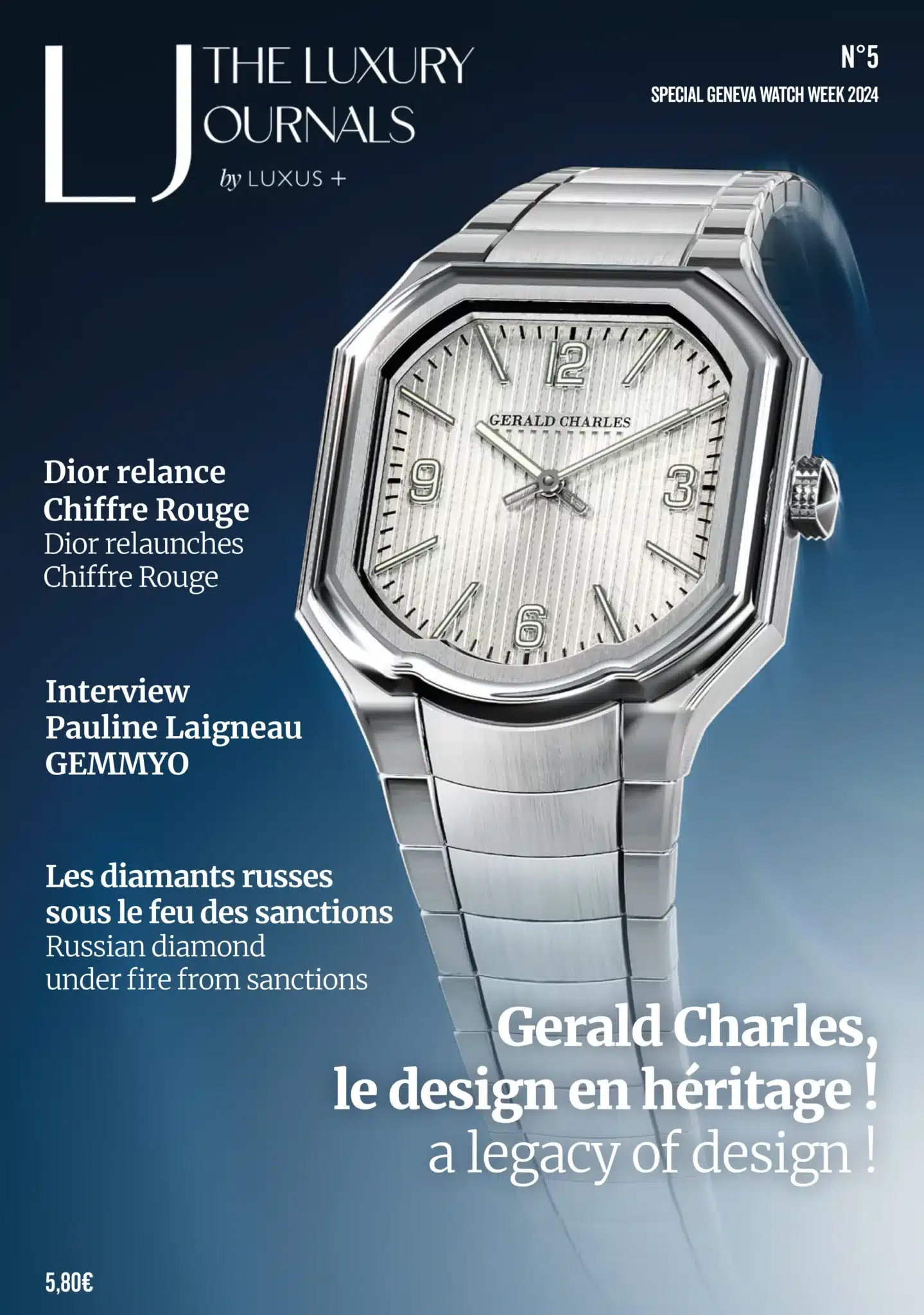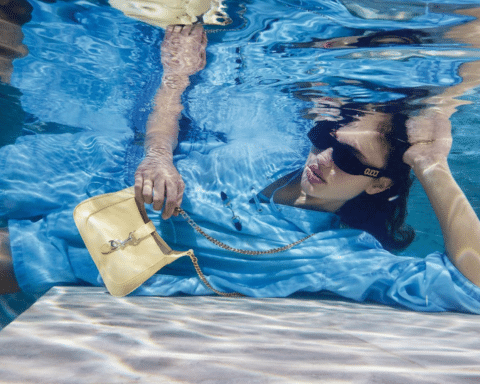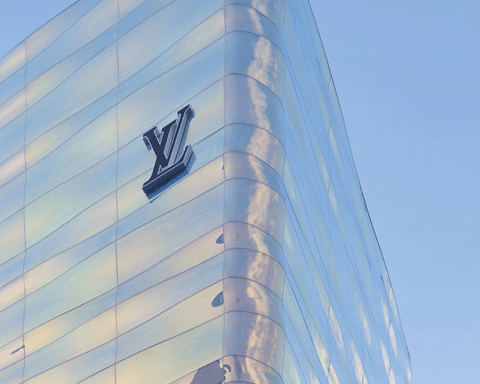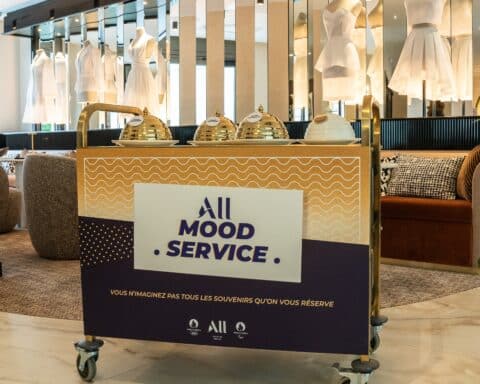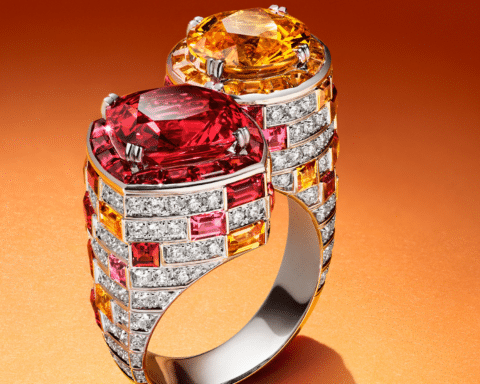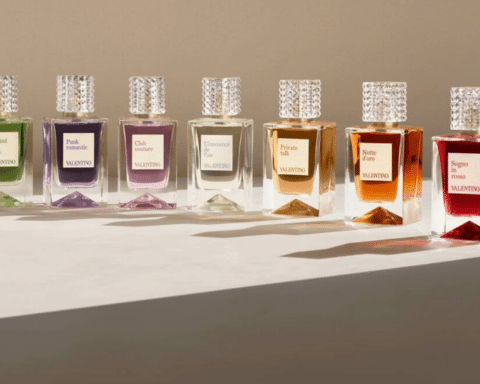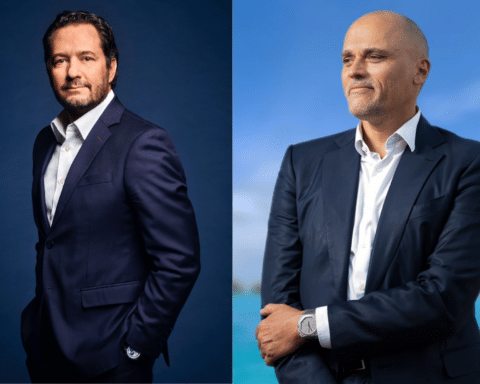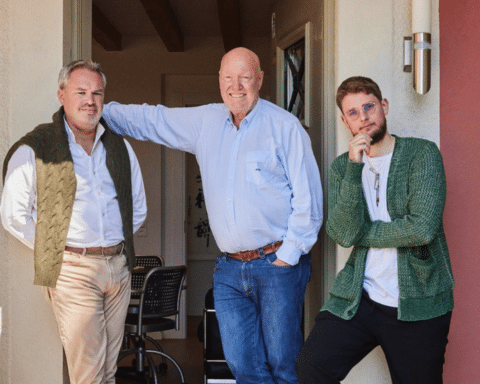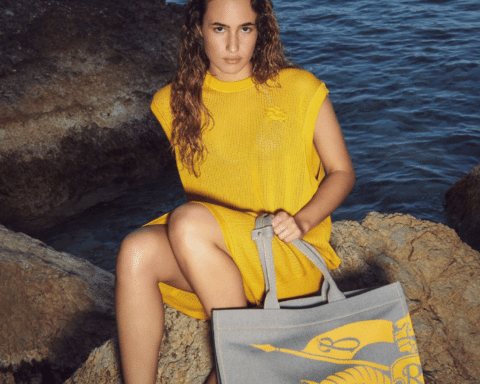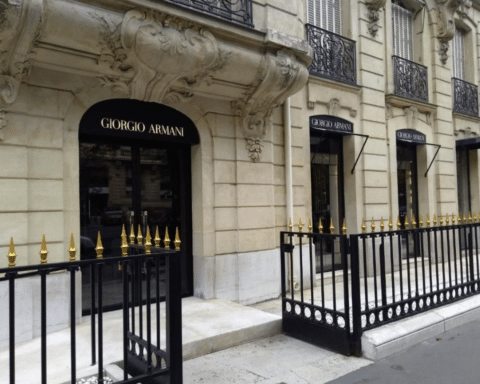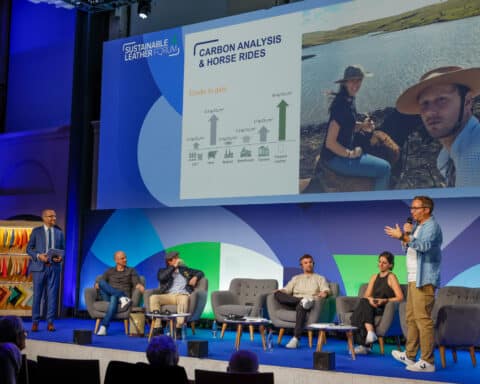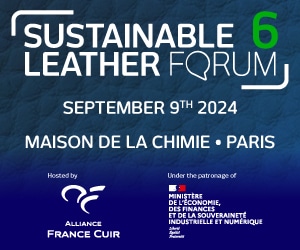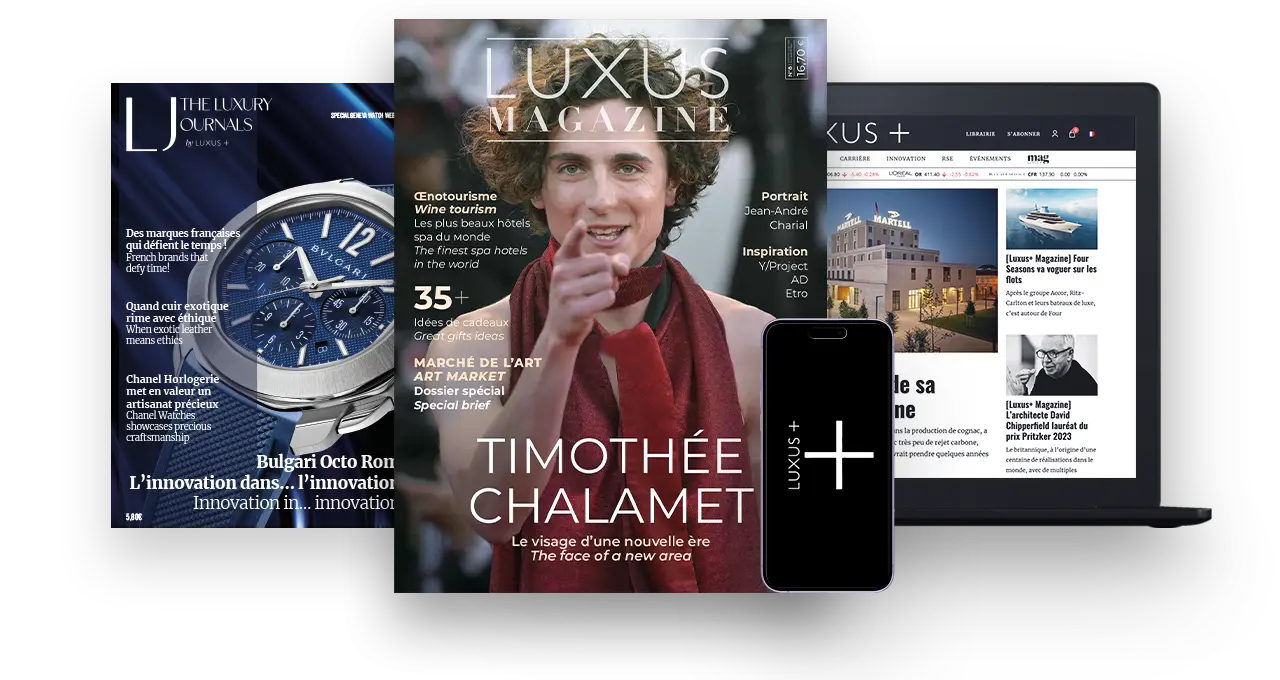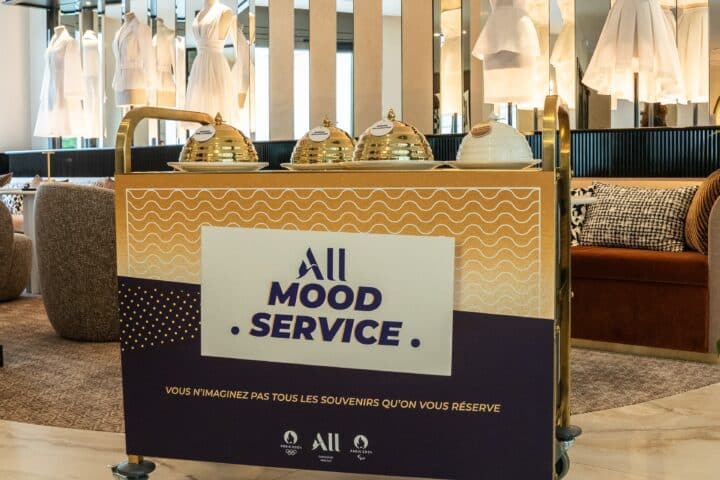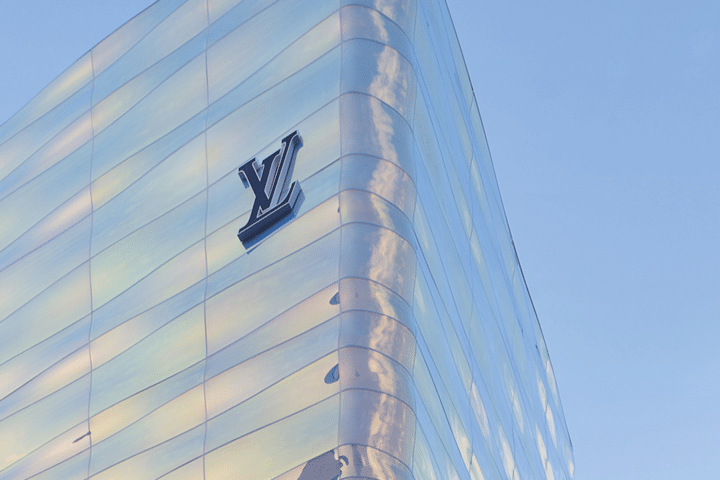Chanel has succeeded in having What Goes Around Comes Around, a platform specializing in the sale of second-hand luxury goods, condemned by the American courts for trademark infringement. The e-commerce site will have to pay $4 million in damages to the Parisian fashion house, pending further compensation.
The House of Chanel unanimously convinced a New York jury of the merits of its case against the What Goes Around Comes Around platform. This was based on four counts relating to the illegal use of its brand, notably its logo, in marketing operations carried out on social networks by the platform specializing in the sale of second-hand luxury goods.
An initial verdict set the amount of damages at $4 million for a proven case of trademark infringement.
This decision shows that the authority of a resale platform, particularly in terms of its ability to authenticate branded products, can be challenged.
The fact that Chanel, keen to protect its image of exclusivity, has never really crossed the e-commerce Rubicon – outside of beauty products – may have weighed in the decision.
A total victory in the long run
Perhaps the end of a six-year legal saga!
At least, that’s what Maison Chanel wants to believe, having taken the e-commerce platform What Goes Around Comes Around (WGACA) to court in the USA in 2018 for trademark infringement. This followed the unauthorized use of its brand image to promote the sale of its second-hand products.
The American platform, founded in 1993 by Gerard Maione and Seth Weisser, has become a leading international retailer of designer luxury goods, particularly bags and fashion accessories.
On Tuesday February 6, the New York jury decided in favor of Chanel. It found in favor of Chanel on all four counts brought by its legal counsel, namely: trademark infringement and unfair competition based on false association; trademark infringement based on the sale of counterfeit Chanel-branded products and the use of various hashtags; sale of counterfeit Chanel-branded products and false advertising.
Citing the Lanham Act of 1946, the jury ordered WGACA to pay Chanel $4 million.
While Chanel does not have the right to prohibit the sale of its second-hand products on third-party sites, which rely on a strict authentication process for pieces offered for sale by private individuals, it was able to find other arguments.
A risk of confusion
Read also > GUCCI SUES THREE US RETAILERS FOR SELLING COUNTERFEITS
Featured Photo: © WGACA


